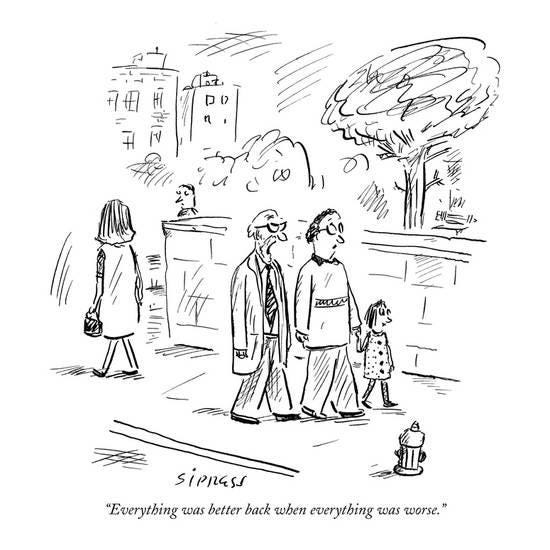When the town’s crime boss wants a precious piece of land, he sends some of his goons to terrorize the school that’s built on it. First, they threaten the principal, then they torch a classroom.
Luckily, the local Kung Fu master saves the day. When he tries to acquire more help in form of the police, however, the chief says his hands are tied. His boss took the case. Corruption. After listening patiently, the master starts talking:
“The world’s not fair. But moral standards should apply to all. Those who rule aren’t superior and those who are ruled aren’t inferior. This world doesn’t belong to the rich. Or even the powerful. It belongs to those with pure hearts.
Have you thought about the children? Everything we do, they’re watching. And everything we don’t do. We need to be good role models.”
And then, master Ip Man says something important. Something we forget. Something that, little by little, seems to fade from the human story:
“Everything we do is not for today — but for tomorrow.”










